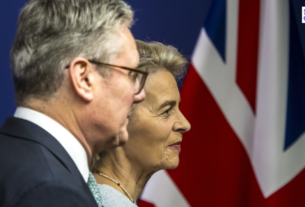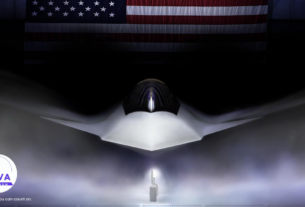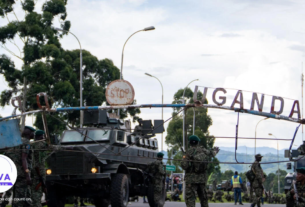LONDON Prime Minister Keir Starmer has unveiled the most ambitious reform of the UK’s armed forces since World War II, launching a sweeping Strategic Defence Review designed to modernize military capabilities and strengthen national security amid growing global instability.
The announcement was made during the London Defence Conference, where Starmer emphasized the need for a “resilient and future-proofed military” capable of confronting emerging threats from cyber warfare and AI-driven weapons to renewed great-power competition.
DEFENCE SPENDING BOOST TO 2.5% OF GDP BY 2027
At the heart of the initiative is a significant rise in defense spending, with the government committing to increase the defense budget to 2.5% of GDP by 2027, and up to 3% in the following parliament. This will amount to an additional £13.4 billion annually, making the UK one of NATO’s highest spenders relative to economic output.
“We are entering a more dangerous decade,” Starmer said. “The time for half-measures is over. The UK must be ready to defend itself and its allies with speed, precision, and unshakable resolve.”
MODERNIZATION AND TROOP SUPPORT AT THE CORE
The review outlines extensive investment in next-generation military technologies, including autonomous systems, satellite defense, AI-enhanced battlefield logistics, and expanded cyber capabilities. It also addresses long-standing concerns around military personnel welfare.
Highlights of the plan include:
- The largest pay rise for UK troops in over 20 years
- Upgraded housing and infrastructure for service families
- A £563 million contract with Rolls-Royce for the maintenance and upgrade of the Royal Air Force’s Typhoon fighter jets
According to the Ministry of Defence, these investments aim to attract and retain top military talent, while ensuring operational readiness across all branches of the armed forces.
INTERNATIONAL AND STRATEGIC CONTEXT
The announcement comes amid rising tensions with Russia, China, and rogue cyber actors, as well as increasing pressure on NATO allies to meet collective defense targets. The UK’s renewed defense posture positions it as a core security player within Europe and the wider Indo-Pacific alliance network.
Defence Secretary John Healey praised the initiative, stating:
“This is not just a spending plan. It’s a commitment to a modern, agile military that reflects 21st-century threats.”
REACTIONS FROM ACROSS THE SPECTRUM
Military experts and opposition MPs have cautiously welcomed the review. While the Conservative front bench supported increased funding, they warned against “bureaucratic inefficiencies and procurement delays.” Defense analysts, including Professor Angela Clarke of RUSI, called the strategy “bold but overdue.”
“Britain has often talked a big game on defense without delivering the capabilities,” she said. “This could be the turning point if the execution matches the vision.”
LOOKING FORWARD
Implementation of the review will begin immediately, with the first wave of investments scheduled for the 2025–26 fiscal year. Parliament is expected to debate the full spending package in the coming weeks.




